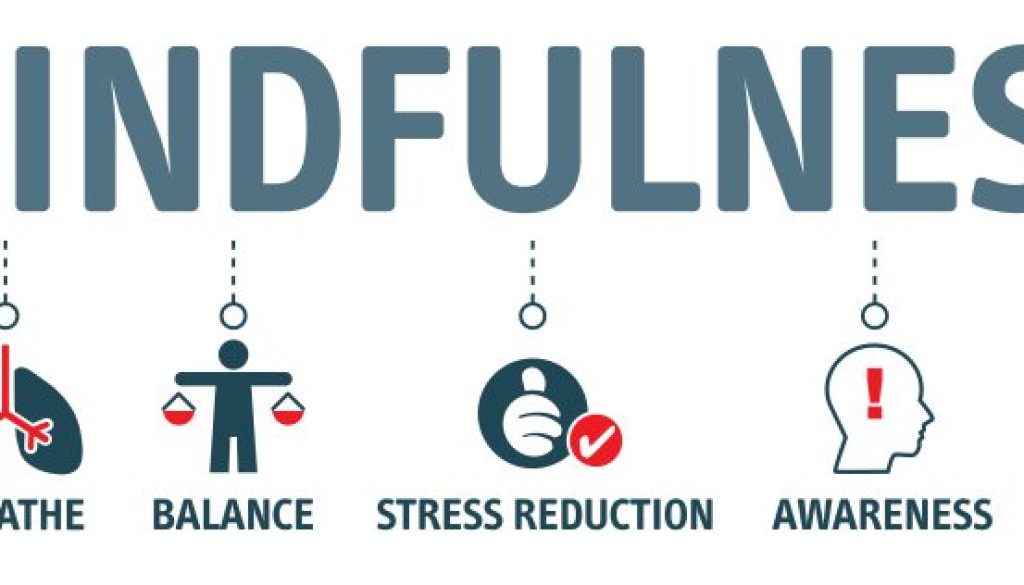How Physicians Can Practice Mindfulness
Mindfulness is the practice of staying present and aware in the current moment. It involves paying attention to your thoughts, feelings, and surroundings without judgment. By practicing mindfulness, physicians can better cope with stress and prevent burnout.
There are many ways physicians can incorporate the practice of mindfulness into their daily routines.
Some simple daily mindfulness practices include:
- Start each day with a short meditation or breathing exercise
- Take short breaks throughout the day to pause and check in with yourself
- Practice gratitude by reflecting on positive experiences or patient interactions
- Engage in mindful walking or eating during lunch breaks
What is the evidence supporting the benefits of mindfulness practices?
Research in neuroscience has demonstrated that mindfulness and meditation practices can significantly rewire our brains and alter our thought patterns, a concept known as neuroplasticity. Studies using brain imaging techniques, such as functional MRI, have shown that regular mindfulness and meditation practices can lead to increased activity and structural changes in areas associated with emotional regulation, such as the prefrontal cortex and amygdala. Furthermore, other activities like cultivating gratitude has been linked to increased levels of neurotransmitters like dopamine and serotonin, which play critical roles in mood and cognitive function. These practices not only reduce stress and anxiety but also enhance overall well-being by reinforcing positive neural pathways, effectively reprogramming our brain to adopt a more optimistic and resilient mindset.
How can mindfulness benefit physicians?
By making mindfulness a priority, physicians can improve their mental health, reduce stress, and prevent burnout. In fact, many studies have shown that meditation and mindfulness practices can actually rewire the brain. When physicians regularly engage in meditation, they can improve their ability to focus, reduce anxiety, and enhance empathy towards their patients. This can lead to improved patient care and overall job satisfaction.
Overall, mindfulness is a powerful tool that can help physicians combat burnout and improve their overall well-being. By incorporating these simple mindfulness practices into their daily routines, physicians can rewire their brains, reduce stress, and enhance their ability to provide compassionate care to their patients.
Ready to prioritize your mental health and well-being through the practice of mindfulness? Schedule a FREE coaching consult to learn more about our mindfulness based coaching programs. Your patients, colleagues, and most importantly, yourself, will thank you for it.





